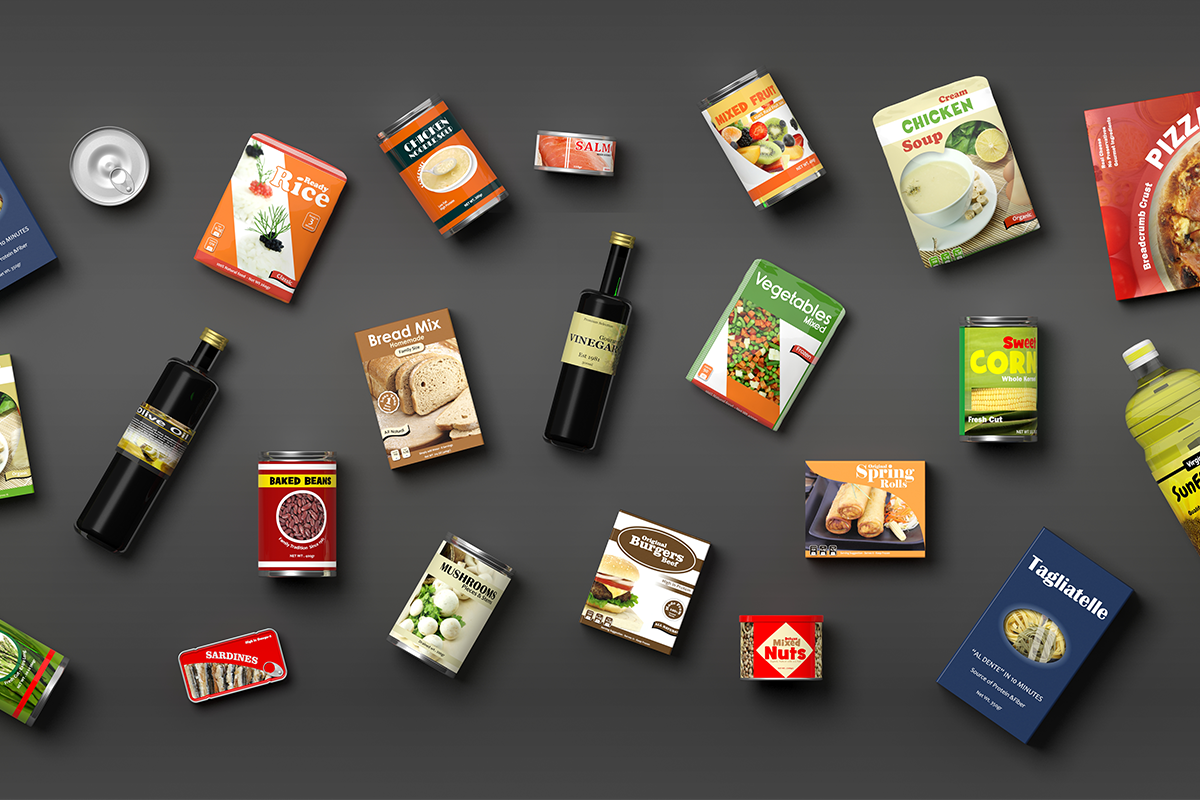For time-pressed families, it’s often easier to microwave a frozen dinner than to make one from scratch. These ultra-processed foods are convenient, but are the preservatives and long list of ingredients in them bad for our health?
WellTuned spoke with Susan Thomas, a registered dietitian and nutritionist with BlueCare Tennessee, to find out how to identify ultra-processed foods and how they may impact our health.
“The problem with ultra-processed foods arises when they become a staple of our diet and crowd out healthier options,” Susan says. “When we consume more ultra-processed foods, we tend to consume fewer whole foods, like vegetables, fruits, whole grains and lean proteins, which are important for our health.”
What are ultra-processed foods?
Susan Thomas: Let’s start by acknowledging that almost all food is processed in some way. For example, if you heat or freeze or cut up a food, that’s processing it. You might add oil or salt to it. “Processed” doesn’t inherently mean that it’s not healthy. You wouldn’t call a roasted sweet potato unhealthy just because you roasted it!
Ultra-processed foods are highly processed, often with lots of extra ingredients, including artificial colors, salt, sugar, fats and preservatives.
Examples of ultra-processed foods include:
- frozen meals
- hot dogs
- fast food
- prepackaged potato chips, crackers, cakes and cookies
Identifying ultra-processed foods can be difficult. While systems have been developed to help categorize foods by the level of processing, there’s no universally agreed upon criteria. And, there isn’t conclusive research showing the processing itself makes the food unhealthy. The makers of ultra-processed foods say the processing makes their foods safe, convenient and affordable.
The risks of ultra-processed foods
Susan Thomas: One of the best reasons to limit ultra-processed foods is the calorie load they often contain. Ultra-processed are often the main source of calories, including most of the sugars, that Americans consume. And, studies have shown that ultra-processed food causes people to consume more calories and gain weight.
Another reason to limit your intake of ultra-processed foods is that they tend to be high in saturated fats. They’re often high in sodium, too. Over time, a diet high in saturated fats and sodium can raise the risk for heart disease. Plus, if you’re eating lots of ultra-processed foods, you may not be eating healthier foods and benefiting from the nutrients, including vitamins, minerals, and fiber, that they contain.
How to avoid ultra-processed foods
Susan Thomas: One easy way to avoid ultra-processed foods is to read the nutrition label. If you see a long list of ingredients with words you don’t recognize, it’s likely ultra-processed. Simple categories of food won’t tell you the whole story. Different kinds of yogurts, crackers and even ice creams can be ultra-processed or very simply processed. Generally speaking, the longer the list of ingredients, the more processed the food.
You can also make a few easy swaps, like these:
Instead of: Try:
Bottled salad dressing Make your own dressing with oil, vinegar, and spices
Sweetened breakfast cereal Rolled oats with honey
Flavored potato chips Make-your-own pita chips
French fries Fresh fruit salad
“It may be unrealistic to completely rid your diet of ultra-processed foods,” Susan says. “Just be mindful of how much ultra-processed food you eat and make the effort to eat more unprocessed or minimally processed foods, that will still be good for your health.”
Susan Thomas on facts about carbohydrates and diet
Get more information about specific health terms, topics and conditions to better manage your health on bcbst.com. BlueCross BlueShield of Tennessee members can access wellness-related discounts on fitness products, gym memberships, healthy eating and more through Blue365®. BCBST members can also find tools and resources to help improve health and well-being by logging into BlueAccess and going to the Managing Your Health tab.


